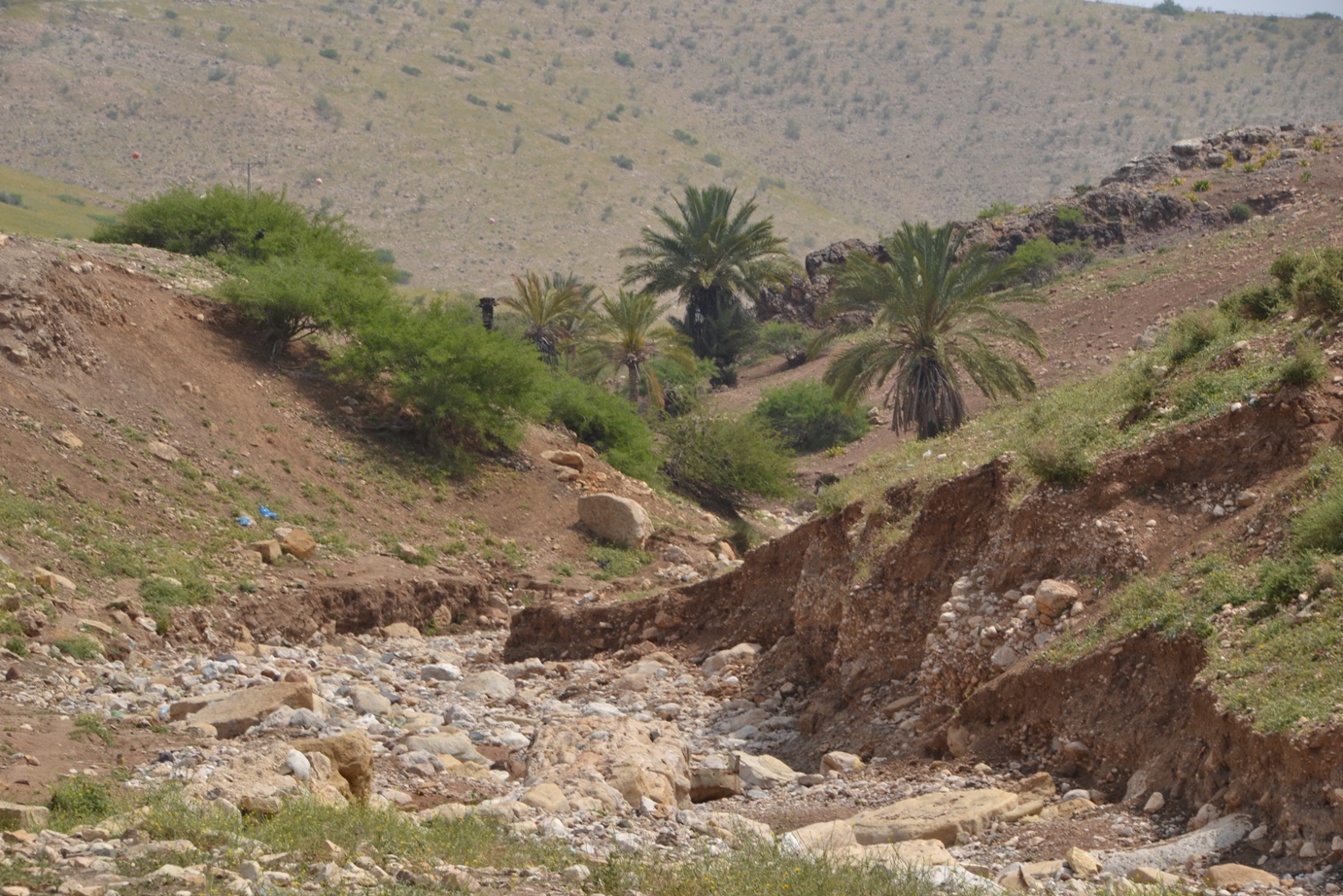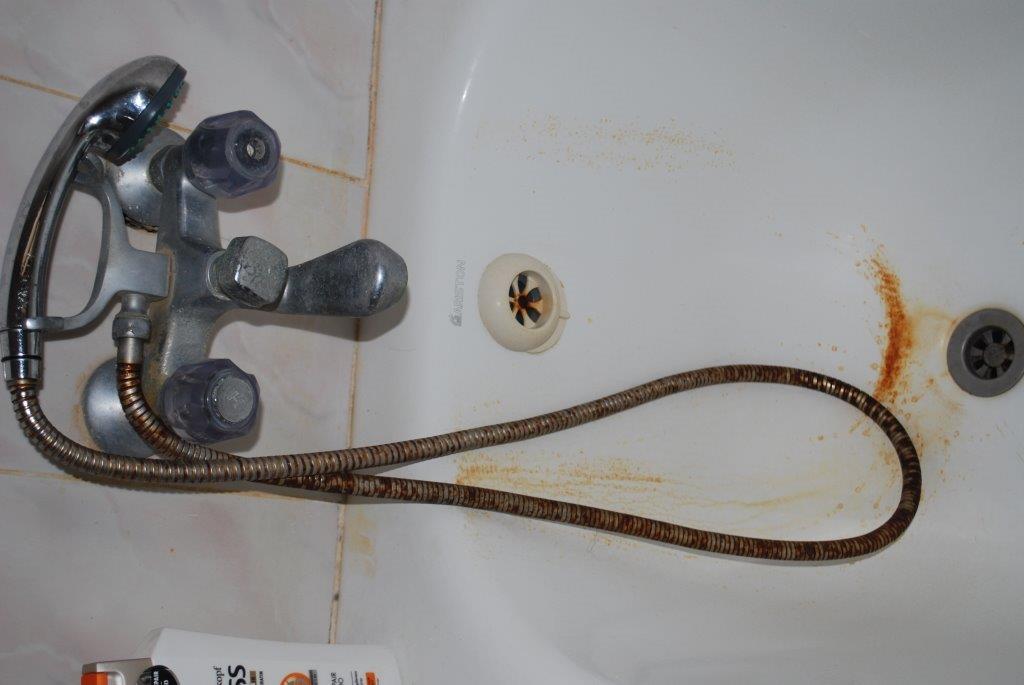Tag: Water
-
Israel airstrike bombs major water line, sewage station and water wells in Gaza
13th July 2014 | International Solidarity Movement, Ramallah team | Gaza, Occupied Palestine Israeli airstrikes bombed a major water line and sewage plant west of Gaza City, last Wednesday afternoon, which provides water to tens of thousands of citizens and is regarded as the main water line for al-Shati refugee camp west of the city. The director of the Water…
-
Harassment campaign continues in the Jordan Valley
13th April 2014 | International Solidarity Movement, Nablus Team | Al Maleh, Occupied Palestine The Israeli military oppression of Palestinians living in the Jordan Valley can take many forms, including the systematic confiscation of essential tools and materials, to physical punishment and arrest. The latest act of harassment by the Israeli army in the Jordan Valley…
-
The water in Gaza is not only water
22nd November 2013 | International Solidarity Movement, Charlie Andreasson | Gaza, Occupied Palestine I was just going to make dinner when I realized the filtered water in my tank was almost done. Perhaps it would be enough if I used the last of my bottled water. But then I would have nothing to drink with my…



